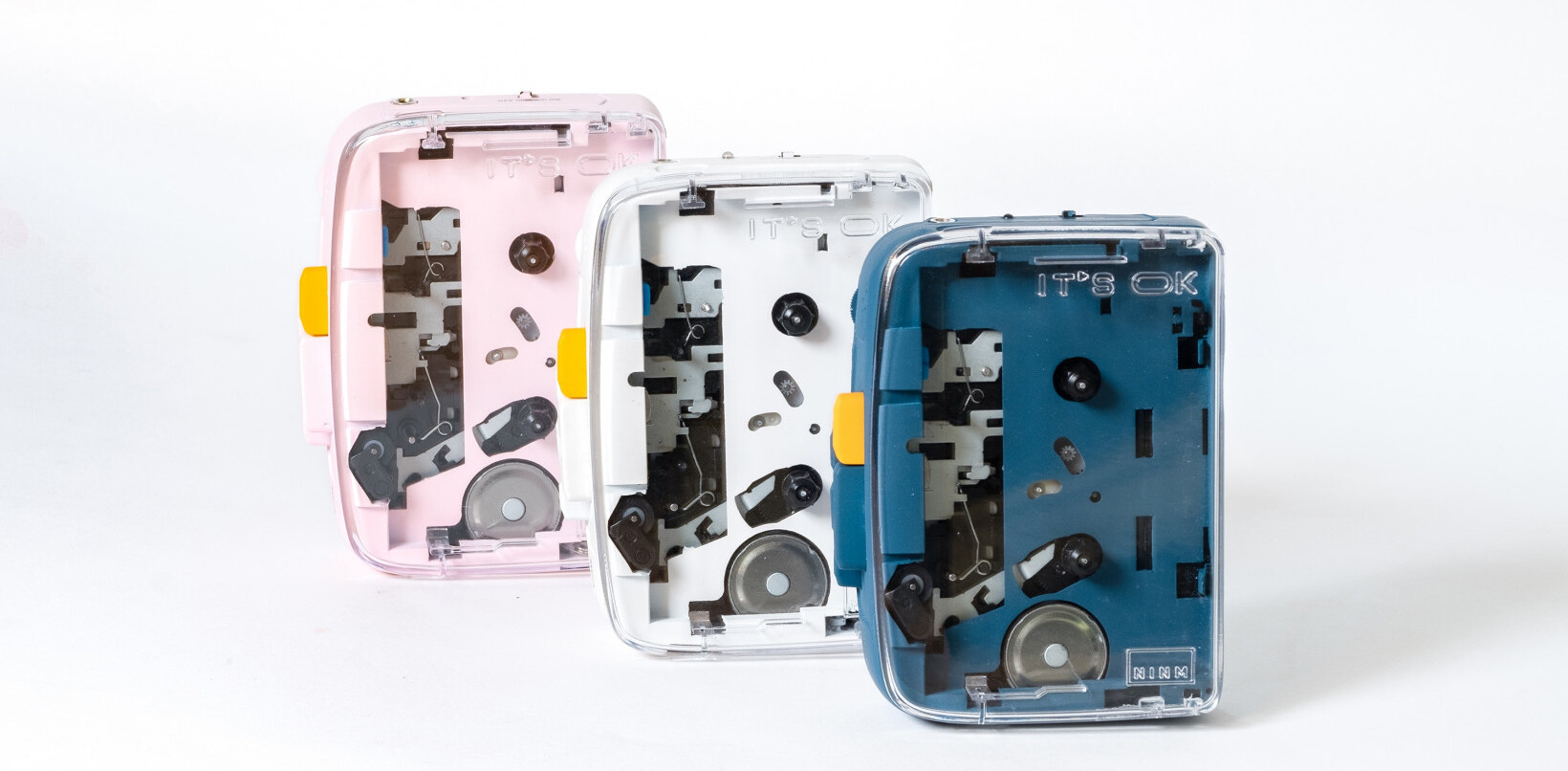
Some amazing products have been funded on Kickstarter, Indiegogo and other crowdfunding platforms, and that’s great. We are all in favor of smart entrepreneurs, designers, or otherwise creative people finding alternative forms of funding. If you can interact directly with your audience and cut out the middle man, even better!
Lately, though, we’ve started to develop a bad feeling about crowdsourcing. You could call it “Kickstarter fatigue.” As you can imagine, we get a lot of emails at The Next Web everyday with news, tips, and review requests. A big chunk of that email arrives in my own inbox everyday, and I try to browse through them to filter out the exciting stuff, replying to as many as possible.
In the past few months, we’ve seen a steady increase in crowdfunding emails. It seems like the hip thing to do now: 5 out of 10 emails now start with “Can you help us promote our Kickstarter campaign, so we can build this cool product!”

There shouldn’t be anything wrong with that, but it is starting to annoy me and most of the writers on our staff.
In the past, people would work hard on something and there would be a bunch of hoops to jump through to get to market. These hoops didn’t just serve as obstacles, but also as subtle refining moments in the development cycle of a new product.
Every time you talk to a potential investor and pitch your product, you’ll get feedback, which makes the product better. When you talk to a manufacturer and learn what’s technically possible, and impossible, that helps you shape the product as well. If you have a shitty idea, a few conversations with potential investors, partners and customers will make that painfully clear.
The campaigns I now receive seem to miss all of that. The new strategy seems to be “don’t even bother really thinking your product through, just focus on a crowdfunding campaign.” It’s a “throw it against the wall and see if it sticks” approach.
At first you’d think there wouldn’t be anything wrong with that. Let a thousand flowers bloom, and all. But as a consumer, this is starting to turn into a world of vaporware, where it becomes our responsibility to turn dreams into reality. When those dreams are super-fantastic, it turns out great. But as the concept of crowdfunding becomes more popular, the amount of bullshit, vaporware, nonsense, unrealistic and “you are wasting my time” category of products becomes bigger – and it is starting to drown out the few viable products.
We now get crowdfunding campaign requests (“We already raised 1 percent of our funding goal!”) for building websites, writing books, adopting dogs, learning how to code, building a flying car and making movies. All these campaigns are fighting for your attention, but mostly your money, and with every new “no chance in hell this will ever work” request we get, the attention we have left for the really cool stuff shrinks.
The result is that most of us now ignore almost all emails that start with “crowdfunding”, “Indiegogo” or “Kickstarter” in the first paragraph. If the campaign is successful, we will find it ourselves. We are not really interested anymore until they show they can build momentum and the product really looks amazing.
My fear at this moment is that the growing popularity of crowdsourcing is attracting too many gold diggers, and it will become harder in the future to find anything left of value.
Get the TNW newsletter
Get the most important tech news in your inbox each week.





